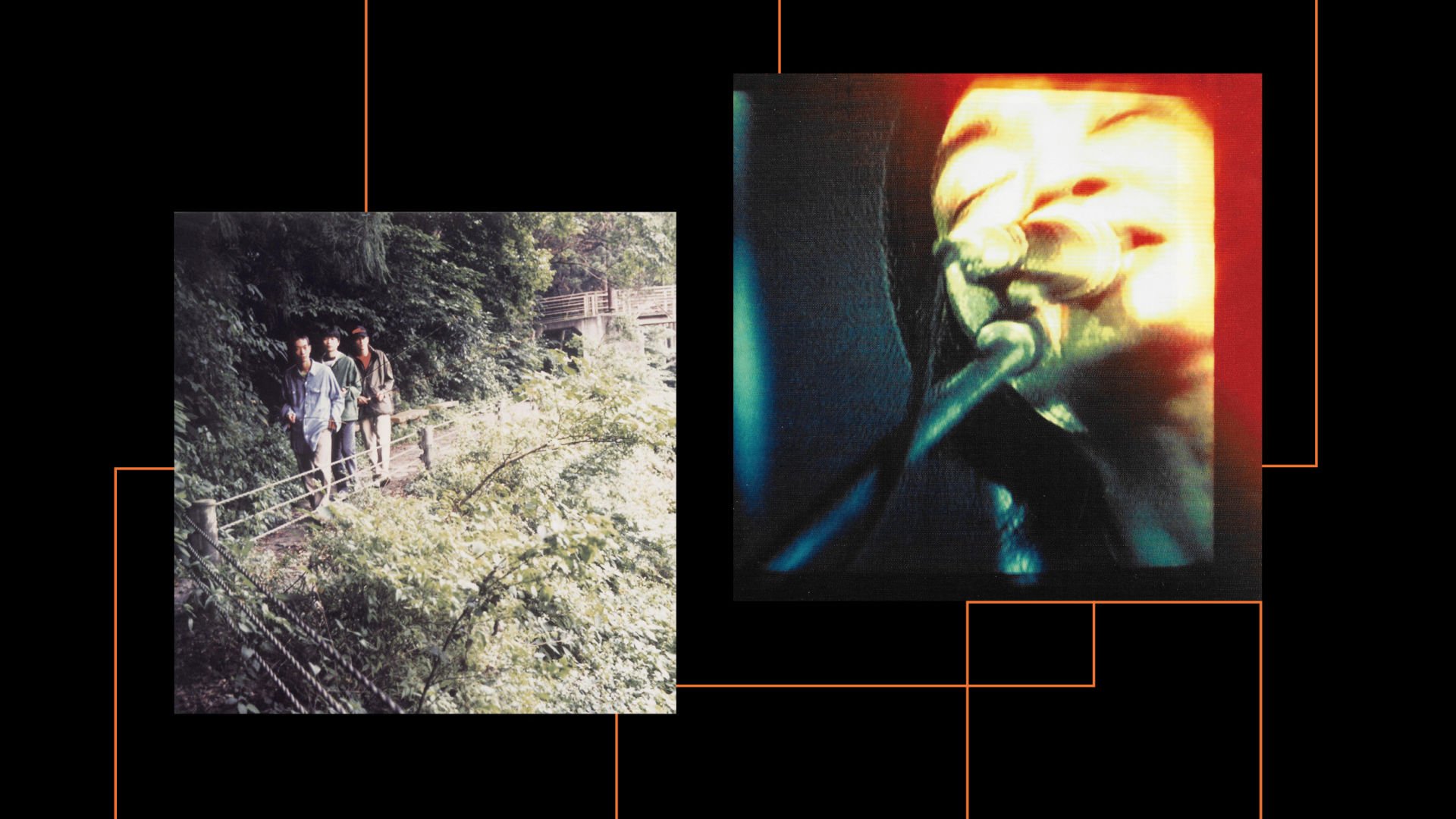In this age of the eternal present, the entire history of music is just a few clicks away. Not only does this enable artists and their music to reach the most distant listeners across the world, but an underlying side effect of streaming services is the resurgence of artists that may not have been recognised for their incredible art during their active years.
Sites such as RateYourMusic (RYM), Reddit and 4chan have become synonymous with championing and successfully spreading such albums. So much so, that albums such as Fishmans’ Long Season have far surpassed their popularity from their active years.
Fishmans is a Japanese dub/dream pop/psych-rock band that barely gained international attention throughout their career (1991–1997). Whilst selling shows of a couple thousand in their home town of Tokyo, their fan base was mainly in Japan. After six years of small, national tours, lacklustre sales, and six albums, they decided to disband after their bassist, Yuzuru Kashiwabara, grew disinterested in continuing his musical career.
Fishmans performed their final live show on December 28, 1998, playing songs across their whole discography and finishing with a full, epic performance of their one-track album Long Season — a 35-minute long, single-track journey through psych-rock, dub and dream pop. This concluded an incredible 130-minute performance, spanning some of their most acclaimed songs.

However, three months after this final performance, Fishmans’ lead singer, Shinji Sato, known for his distinctive, unique voice, died suddenly and tragically on March 15, 1999. This final concert was released as a live album on September 29, 1999. The album called 98.12.28 Otokotachi no Wakare (aptly translating to ‘A Men’s Farewell: December 28, 1998’) is Fishmans’ final and most acclaimed release. RYM users have rated 98.12.28 as the 16th best album of all time,
following some of the most acclaimed artists in history, such as The Beatles, Pink Floyd, Radiohead and David Bowie, as well as ranking it the best live album ever. It also has the highest user rating of all time, with an average rating of 4.37 out of 5.
My first experience with Fishmans was listening to the 35-minute long piece Long Season on a regional train out of Sydney. The train ride was the perfect environment for this first listening experience of Fishmans; as my journey progressed from urban to relatively rural, coastal scenery, I was absorbed in the incredible smorgasbord of sounds and beautifully hypnotic build-ups and solos. The album is an exploration of sound that has an uncanny ability to whisk me away to some river along a lush forest, or the middle of a lily-littered pond. Shinji Sato’s vocals are a wisp of fresh air in a blissful instrumental landscape.
Long Season is charming in so many ways. It has a sense of progression I had never quite heard before. Whereas most classic prog-rock albums and rock releases generally revolve around length and progression, slowly metamorphosing into an air of enormity and greatness, into being more extensive than the listener and drowning them under a wall of sound. On the other hand, Long Season will always stay with you. It will grow, it will get enormous, it will become a titan. And then, it’ll become a lily in a small pond again. It will take you to the end to keep you at its level, which leads me to my second point: Long Season is your friend.
There is something about the arrangement that makes every single instrument and moment of this album friendly and charming.
When the simplistic piano melody that kicked off the album returns around the last leg, it’s like reuniting with an old friend you lost barely 20 minutes ago.
And it is stunning how, with lyrics that I cannot understand and, from what I’ve investigated, are quite simplistic, this album can make me feel so much. You can feel the love in each note played, not only the love for the music, but also a genuine love of life.
Finally, to me, this album takes inspiration from life itself, ending how it started, so short, and yet so beautiful, with some ups and downs, but all precious in the end. The end is built into the beginning.
But Fishmans’ most stunning release is 98.12.28. Every note is played with purpose, with a desire to close a chapter of a vast book as beautifully as possible. The live rendition of Long Season is probably my favourite piece of music ever; every time I listen, I listen to the whole 45 minutes. It feels like a final goodbye to Sato’s world and, though hard to imagine, is arguably better than the studio version. As the track concludes, gradually, each instrument fades away as Sato hums his final harmonies to that same synth line repeated throughout the track for so long, until that too fades away. Like that, one of the most outstanding live performances ever, ends. As it ends there’s a feeling of bittersweet, hopeful catharsis, and you’re left thinking, ‘what now?’.
This is dream-pop/dub taken to its logical conclusion. No album in the genre has ever exceeded it. It’s a tragedy because, not only did it take far too long for Fishmans’ music to gain some form of international recognition, but neither the keyboardist, Honzi (who died in 2007), nor Sato lived to see it.
Perhaps this album has seen so much love and respect in retrospect due to the circumstances surrounding it, because as utterly wonderful as 98.12.28 is, it’s also a significant ‘what-if’ of pre-internet artists. How many albums out there will generations to come discover and push into the limelight years after their creation?
Pre-internet albums that have been acclaimed years after release you should check out:
Fishmans – Long Season Fishmans – 98.12.28 Otokotachi no Wakare Sweet Trip - velocity : design : comfort Slint - Spiderland


 -
-